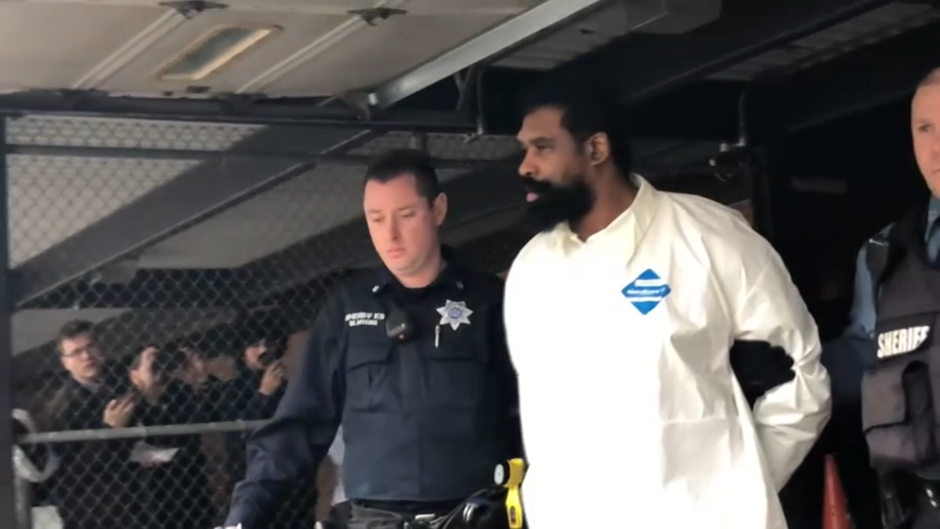It’s a tragic truism that antisemitism, the world’s oldest hatred, confronts virtually every Jewish person in every generation in the Diaspora. And now, in the wake of a spate of violent antisemitic incidents across the United States since 2018, American Jews, particularly in the greater New York City area, are now exposed to this insidious threat as well.
At the end of the day, antisemitism is a global rather than a regional phenomenon. In 2018, antisemitic attacks world-wide rose by 13 percent, with the highest number reported in major Western democracies like France, Britain and Germany, according to a recent Tel Aviv University study.

The American Jewish community, which has enjoyed unparallelled security and acceptance, is not immune to this pathological phenomenon. Toward the close of 2019, Jewish Americans were shocked, in particular, by murderous rampages in Jersey City, New Jersey, and Monsey, New York, both of which were carried out by African Americans, who until now have not been associated with such crimes. Historically, white supremacists and neo-Nazis have been in the forefront of attacking Jews on both a verbal and physical level.
On December 10, David Anderson, 47, and his girlfriend, Francine Graham, 50, stormed a kosher grocery in Jersey City, killing three people: Mindel Ferencz, the ultra-Orthodox Jewish co-owner of the shop; Moshe Deutsch, a rabbinical student, and Douglas Miguel Rodriquez, a store employee. The perpetrators were followers of the Black Hebrew Israelites, which has been described as a hate group by the Southern Poverty Law Center, an organization that monitors expressions of racial and religious animus.
The Black Hebrew Israelites has no connection to mainstream Judaism, but holds that blacks, native Americans and Hispanics, rather than Jews, are the Chosen People. According to Jersey City’s mayor, Steven Fulop, Anderson was hostile to Jews, having posted antisemitic diatribes on line, including Facebook.
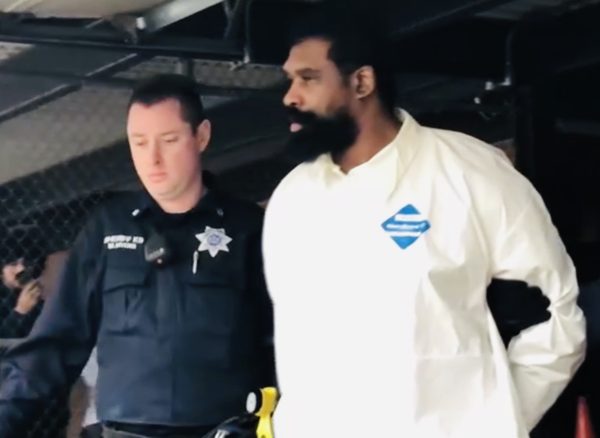
Ten days later, a 37-year-old African American named Grafton Thomas burst into the home of a Chassidic rabbi in Monsey, a town northwest of New York City which has a large ultra-Orthodox Jewish population.
Wielding a machete, he stabbed five Jews attending a Chanukah party. Four of the victims have been released from hospital, but one remains in critical condition. Federal prosecutors filed hate crimes charges against Thomas, who reportedly has a long history of mental illness. Police found handwritten journals in his home in which he expressed antisemitic views and made references to Nazi culture and Adolf Hitler.
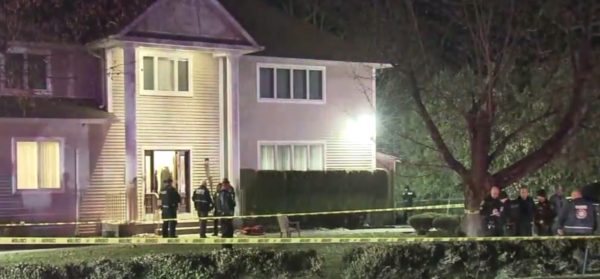
The Chanukah incident capped off a year of rising antisemitism in the region. Until September of 2019, 163 incidents were tabulated by the New York Police Department — an increase of 50 percent over the previous year. Antisemitic assaults comprise the majority of reported hate crimes in New York City.
A disproportionate percentage of the attacks have been directed at ultra-Orthodox Jews, who are conspicuously Jewish in terms of their appearance. The flight of Chassidic Jews to towns in New York’s Hudson Valley, the Catskills and northern New Jersey, where the cost of housing is more affordable, has triggered xenophobia and, in some cases, antisemitism.

In a letter to New York governor Andrew Cuomo, four Orthodox Jewish elected officials wrote, “It is no longer safe to be identifiably Orthodox in the State of New York. We cannot shop, walk down a street, send our children to school, or even worship in peace.”
Yet the upsurge of antisemitism affects not only ultra-Orthodox Jews. A middle-aged white supremacist, Robert Bowers, attacked the Tree of Life synagogue in Pittsburgh in October 2018, murdering 11 Jews in the deadliest antisemitic attack in American history. And shortly afterward, a young, heavily-armed neo-Nazi inspired by Bowers’ rampage killed a Jewish woman in a Poway, California, shul.
The Anti-Defamation League recorded 1,879 antisemitic acts in 2018. There was a marked increase in physical assaults, harassment and vandalism, and a wave of antisemitic robocalls targeted Jewish schools, Jewish community centers and synagogues.
As a result, American Jews feel increasingly vulnerable. Surveys conducted by the Anti-Defamation League indicate that almost 90 percent of respondents identified antisemitism as a problem, while 84 percent agreed that it has soared over the past five years.
“This hatred is real, comes from multiple sources, and is growing,” David Harris, the director of the American Jewish Committee, says. “It needs to be taken seriously and dealt with in a sustained, multi-pronged response.”
Jonathan Greenblatt, the director of the Anti-Defamation League, concurs with this assessment. “I think we need to start by understanding the fact that something has changed,” he said recently. “There’s no doubt that hate is on the rise in America in a way that we haven’t seen in recent memory.”
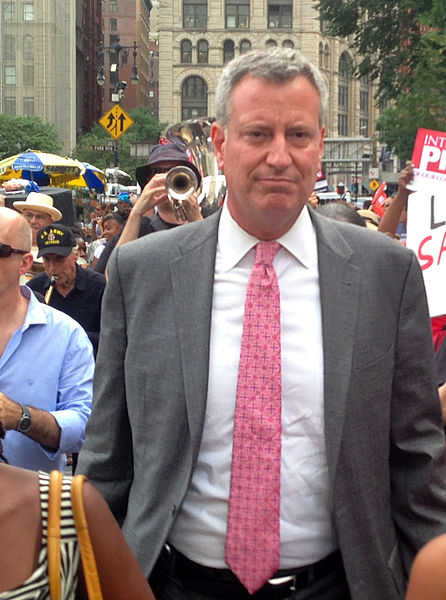
Bill de Blasio, the mayor of New York City, is concerned by these attacks. As he put it, “Really, there is a growing antisemitism problem in this whole country. It has taken a more and more violent form.”
Greenblatt believes that antisemitism is being normalized and “weaponized by all sorts of people with political agendas.” In his view, social media platforms are providing a forum for all manner of bigots to disseminate noxious ideas and conspiracy theories.
“One of the reasons we are living in these times, in this kind of climate, is social media, which has normalized some of the most abnormal,” he said recently. “Social media has created extraordinary good in lots of ways, but you have antisemitic slander available with a swipe or a click. You couldn’t find it before in a newspaper, or on a bookstand, or on television. Now, it’s ubiquitous.”
Greenblatt charged that President Donald Trump, who condemned the Monsey incident, has emboldened antisemites. “His pattern of rhetoric has certainly contributed to this atmosphere of intolerance,” he said.
Joe Biden, the former U.S. vice-president who’s running for the Democratic Party’s presidential nomination, says the United States has “a serious problem with the rising tides of white supremacy and antisemitism,” and must work aggressively to “combat this poison.”
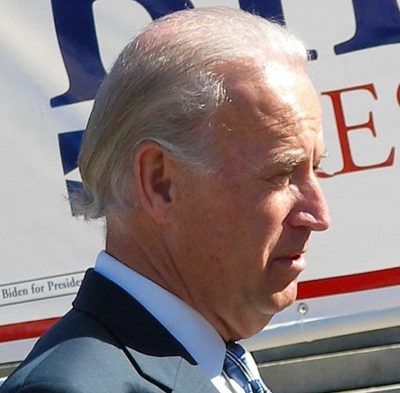
Contending that “silence is complicity,” he believes that a “comprehensive approach” to battling antisemitism is required. If elected president, he says, he would restore funding to government agencies that monitored domestic extremism and would pass a federal law aimed at crippling domestic terrorism.
On a local level, as de Blasio recently announced, New York intends to fight antisemitism by means of three measures.
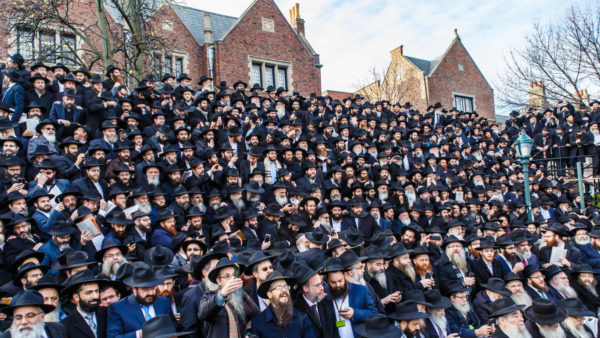
The New York Police Department will increase its presence in Jewish neighborhoods of Brooklyn like Borough Park, Crown Heights and Williamsburg, which have been the major targets of attacks. The police will be assisted by Neighborhood Safety Coalitions to stop antisemitic attacks before they happen. The third initiative will address schoolchildren. “We have to reach our young people more effectively,” de Blasio said. “Our young people have to understand this history, but we have to teach it to them. We will be adding immediately in these communities in Brooklyn additional curriculum in our schools to focus on stopping hate.”
These are fine and well-intentioned initiatives, but the scourge of antisemitism runs deep and is generational. This problem, whether large or small, is here to stay.
